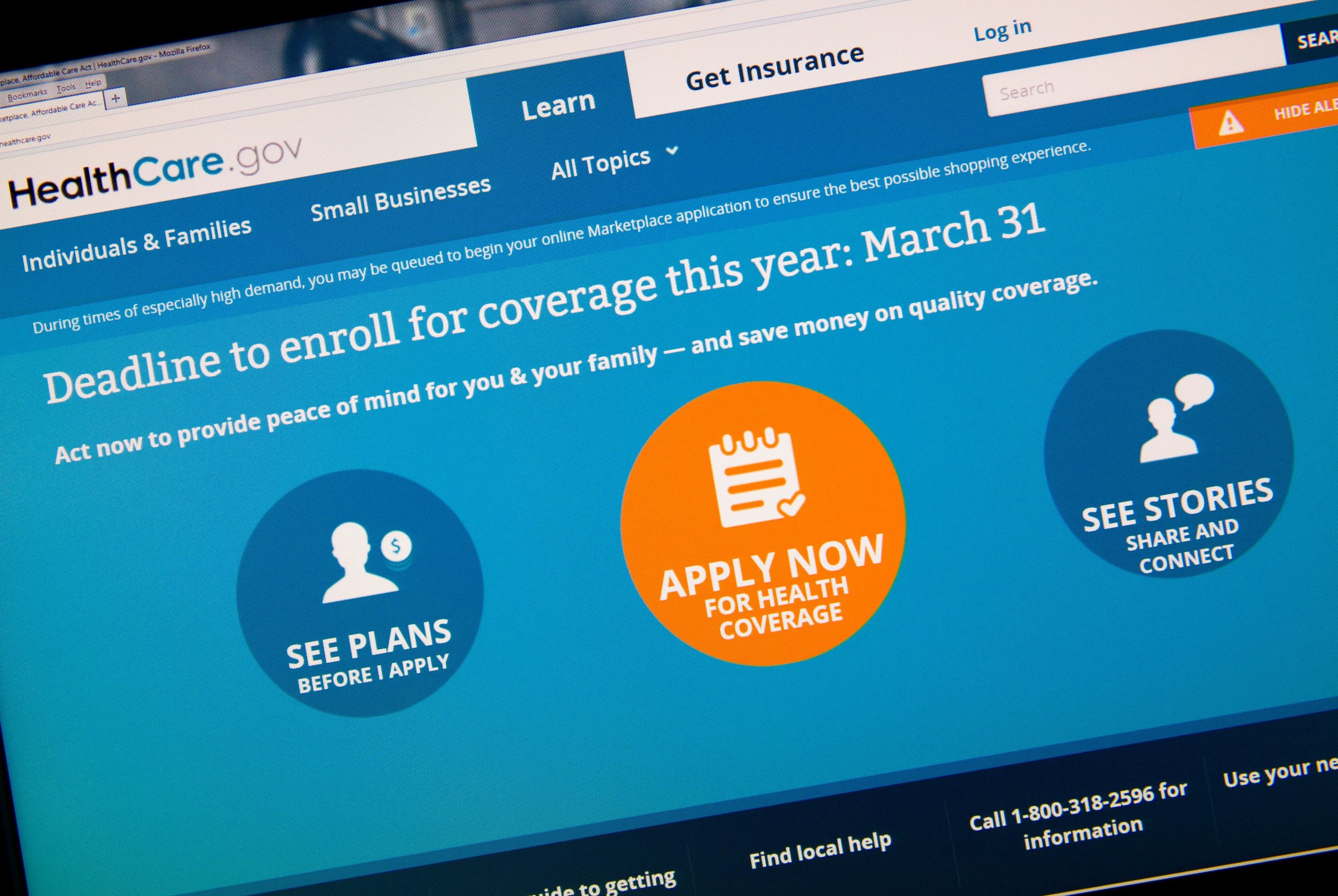
Expectations for how effectively the Affordable Care Act would impact the U.S. uninsured rate were high—too high in fact. That’s according to an analysis released Monday by the Department of Health and Human Services that says millions fewer Americans will get private health insurance through the law’s new marketplaces in 2015 than was previously estimated.
The department now says it expects between 9 and 9.9 million Americans to enroll in private health plans through state and federal exchanges by next year, down from 13 million, which the nonpartisan Congressional Budget Office had predicted. The revised projection is due to deeper analysis on how long it takes for new federal programs to “ramp up,” according to HHS, which said the new estimate includes about 6 million Americans who will re-enroll in plans through the exchanges, as well as new customers who buy coverage there. Some 7 million Americans are enrolled in exchange plans today.
“The next group of people will be harder to reach,” HHS Secretary Sylvia Mathews Burwell said at a Center for American Progress event on Monday. Open enrollment through the ACA’s insurance exchanges is set to begin Nov. 15 and last until Feb. 15, 2015. Last year’s enrollment period was plagued by major technology snags, with the federal insurance marketplace HealthCare.gov and some run by states largely inoperable at the outset. The snafus embarrassed President Obama’s Administration and cast doubt on HHS’s ability to manage a large, complicated new program.
To avoid similar issues this year, Burwell said HHS and the contractors who are building and operating HealthCare.gov have been testing the system for five weeks. Burwell said tech experts are testing how many users the systems can handle at once and whether various parts of the computer programs work seamlessly together. Security testing is also part of the process, Burwell said, in addition to a simpler application for coverage that reduces the screens a new consumer must navigate from 76 screens to 16. “Things are simpler, faster and more intuitive,” she said.
Still, the secretary warned that performance perfection in the exchanges is unlikely. “We will have outages. We will have downtime,” she said.
More Must-Reads From TIME
- The 100 Most Influential People of 2024
- Coco Gauff Is Playing for Herself Now
- Scenes From Pro-Palestinian Encampments Across U.S. Universities
- 6 Compliments That Land Every Time
- If You're Dating Right Now , You're Brave: Column
- The AI That Could Heal a Divided Internet
- Fallout Is a Brilliant Model for the Future of Video Game Adaptations
- Want Weekly Recs on What to Watch, Read, and More? Sign Up for Worth Your Time
Contact us at letters@time.com